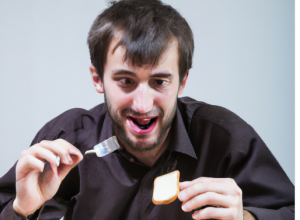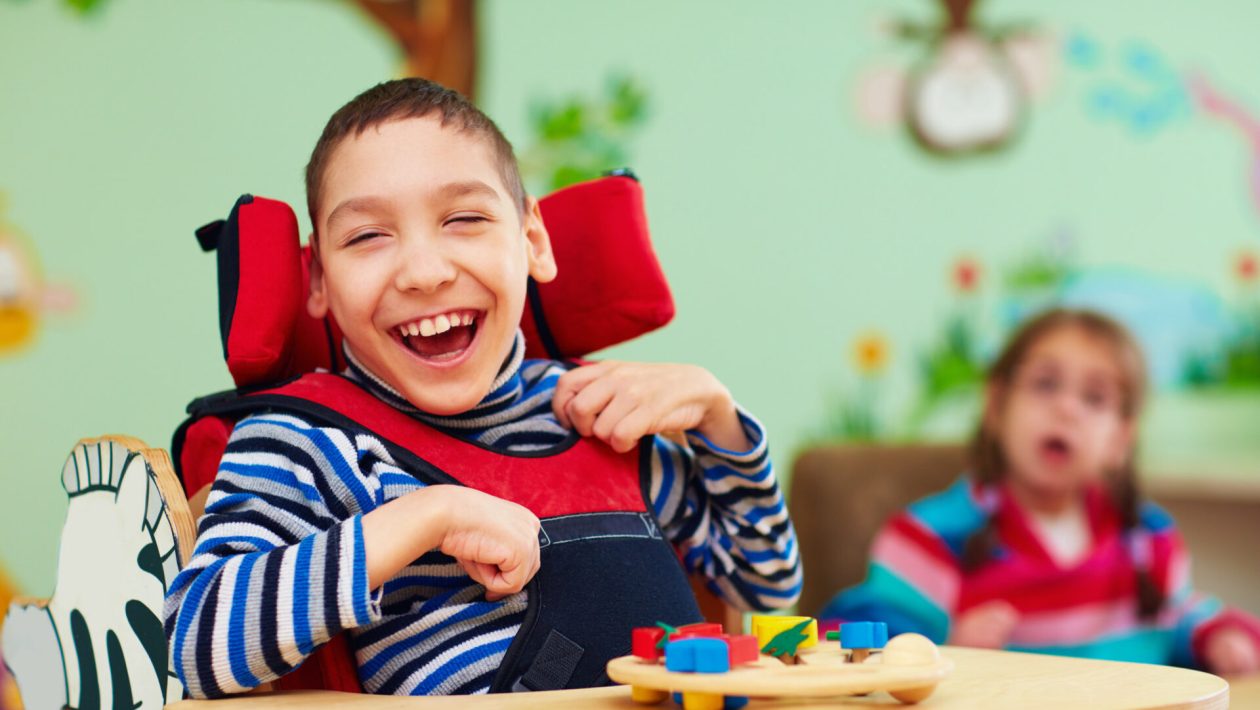Are you concerned about your baby’s development? Are you looking for signs of autism in babies? The early diagnosis and treatment of autism can positively impact children’s lives, so it’s important to be conscious of changes sooner rather than later.
Unfortunately, autism can be difficult to diagnose in babies because many behavioral symptoms usually associated with autism may not appear until well into toddlerhood. However, there are some key indicators of autistic behavior that you can look out for, even in young infants. Read on to learn more about identifying signs of autism in babies.
Table of Contents
What is Autism?
Autism is a neurological disorder that affects an individual’s social, communicative, and behavioral functions. It is characterized by restricted, repetitive behavior patterns and difficulty communicating and interacting socially with others. Individuals on the autism spectrum may also have difficulty tolerating routine or sensory overload changes.
Autistic individuals may experience challenges with understanding abstract concepts and emotions and interpreting language and social cues, but can still lead meaningful and productive lives. People on the autism spectrum use various communication methods, such as signing, typing, picture exchange, or other visual techniques. With proper support, those on the autism spectrum can maximize their potential to be successful and independent.
Signs of Autism in Babies

Some signs of Autism in babies are:
Lack of eye contact
When babies and very young children cannot make or maintain eye contact, it could be a sign they are experiencing difficulty processing and interpreting social cues. Babies with autism often don’t respond to their names when called, avoid looking directly at people’s faces, or have an overly intense gaze that makes others uncomfortable. This lack of eye contact may indicate the baby lacks awareness of themselves and their environment and struggles to connect emotionally with those around them.
Delayed speech or language skills
Children with autism experience delays in language-related skills such as speaking, understanding words and grammar, and communicating effectively with others. They may use few words, no words, or only repeated words and phrases. They might also display echolalia – repeating other people’s words – but not use meaningful speech when communicating. Additionally, babies with autism often struggle to point out objects or pictures, gesture, or communicate needs without having meltdowns or tantrums.
Repetitive behaviors
Babies on the autism spectrum may display repetitive behaviors, such as rocking, spinning, or hand-flapping. These behaviors typically involve a single body part, like an arm or leg, and can become very distracting in social situations. As babies grow older, they may struggle to break out of these repetitive routines, making it difficult for them to interact with others.
Avoiding social interaction
Regarding social interaction, babies with signs of autism may be uninterested in playing and interacting with others. They might not look at others when they make noises, or react when someone speaks to them. Other babies do seek out attention and contact but once they receive it they don’t seem to know what to do or how to respond in a normal way. If you find your baby isn’t interested in being around other people or even making eye contact with you, it might be time to seek help from your doctor.
Sensory issues
Sensory issues are a common sign of autism in babies, with sensory alterations affecting all five senses. Sight, smell, taste, touch, and hearing can all be affected differently from baby to baby. This could range from an aversion to bright lights or background noise to intense reactions to everyday items like fabrics or soft objects. However, sensory problems may be less obvious for some infants and can take time to detect.
Unusual eating habits
Babies on the spectrum often have different eating habits than other babies. This can manifest in picky eating and a preference for certain tastes and textures. For example, some babies may only want to eat soft foods while others may still be nursing. Eating patterns can also fluctuate quickly throughout the day, so tracking food intake often serves as a helpful tool for identifying potential signs of autism.

Unusual sleeping habits
They may also develop an extreme dislike for even being put in a cot, and this could persist into toddlerhood. Furthermore, babies may frequently wake during the night or have difficulties forming regular sleep cycles. Common signs of an issue include excessive crying accompanied by agitation or an inability to be calmed. Engaging in sensory activities or providing comforting toys and items when the baby is awake can be helpful.
Lack of interest in pretend play
This could manifest as not being interested in pretend activities such as reading stories, playing dress-up or pretending with toys. A lack of interest in mimicking sounds or facial expressions should also be noted. To help, it’s important to try breaking down activities into small, manageable steps and offering rewards for achievements. Additionally, adults should use visual aids and show the baby how to pretend before trying the activity out.
What is the cure for Autism in babies?
Autism is a complex neurological disorder that affects the development of an individual’s ability to communicate, socialize, and interact with their environment. There is no one-size-fits-all cure for autism in babies, as treatments vary depending on the child’s needs.
However, evidence-based treatments are effective at helping babies and young children with autism progress in areas like communication, social interaction, and behavior. These include Applied Behavioral Analysis (ABA), Speech and Language Therapy, Occupational Therapy, Music Therapy, and Social Skills Training.
In addition, holistic approaches such as nutritional therapy, sensory integration, and therapeutic activities may also help to reduce the symptoms associated with autism in babies. Working closely with a pediatrician or other medical professional is important to find the best treatment plan for each child.







